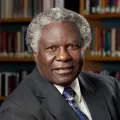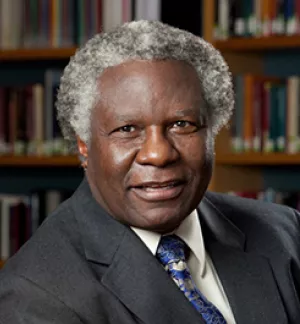African countries have spent the last decade using traditional diplomatic tools to negotiate better trading conditions for their exports.
But the new global trading system is transforming the very nature of diplomacy itself. Traditional approaches based on the idea of sovereign equity are giving way to more sophisticated approaches influenced by the level of scientific and technological competence that countries can marshal and deploy.
This is manifested in two important ways. First, the ability of African countries to wield greater influence in the global arena will depend on their economic strength, which is related to their capacity to effectively use technological innovation for global competitiveness.
African cotton farmers are justified to demand equal treatment in US markets. But in the long-tem their prosperity will depend on their ability to add value to raw materials and diversify their economies. Both of these will require greater local innovation capacity.
The 8th summit of the African Union that met in January in Addis Ababa laid out a powerful framework for enabling African countries to harness the power of science and technology for development in general and global competitiveness in particular.
In addition to supporting research and innovation, the presidents committed themselves to encourage African youth to take up science, technology and engineering education and strengthen the respective higher education and research institutions.
But realising objectives will require African countries to place scientific and technological cooperation at the centre of their diplomatic relations with the rest of the world. This work has already started.
Last month, the Embassy of Rwanda in the US hosted a panel discussion on the subject. The event was co-chaired by the ambassadors of Mali and Senegal and attended by 20 African ambassadors and embassy representatives from 14 countries.
The discussions laid the basis for redesigning Africa’s relations with US around the role of technological innovation in economic cooperation. The diplomats will be working toward the creation of a US-Africa science and technology forum through which specific areas of cooperation can be discussed. The US has set up similar forum with countries such as India.
But diplomats cannot operate in a policy vacuum. Their capacity to creatively deal with emerging issues can be constrained by the lack of clear guidance from their capitals. This is why is important for African countries to start reshaping their foreign policies to accommodate global technological imperatives.
There are at least three key areas where technological innovation is reshaping international relations. First, Africa’s capacity to meet its human needs such as adequate nutrition and health care will require greater international technology cooperation.
Similarly, Africa will need to strengthen its capacity for innovation to participate more effectively in the global economy. Although better trading arrangements for raw materials can help in the short-term, long-term strategic technology alliances will offer the continent a viable exit from dependence on the raw materials commodity trap.
Finally, addressing ecological challenges, including projected impacts of climate change, will involve long term technology cooperation with other countries. The recent agreement between the US and Brazil to share ethanol technology to reduce dependence on oil shows how pressing global challenges are redefining diplomatic relations.
The challenge ahead is to start working on the elements of a new foreign policy that recognises the importance of innovation in development and articulates new roles of the diplomatic service. Africa will continue to remain on the margins of major global development if it fails to respond to the challenges posed by the globalization of technology.
Prof Juma teaches at Harvard University’s Kennedy School of Government where he directs the Science, Technology and Globalization Project. He is a fellow of the Royal Society of London and foreign associate of the US National Academy of Sciences.
Juma, Calestous. “How Technology Will Shape Africa's Diplomacy.” Business Daily, March 23, 2007




